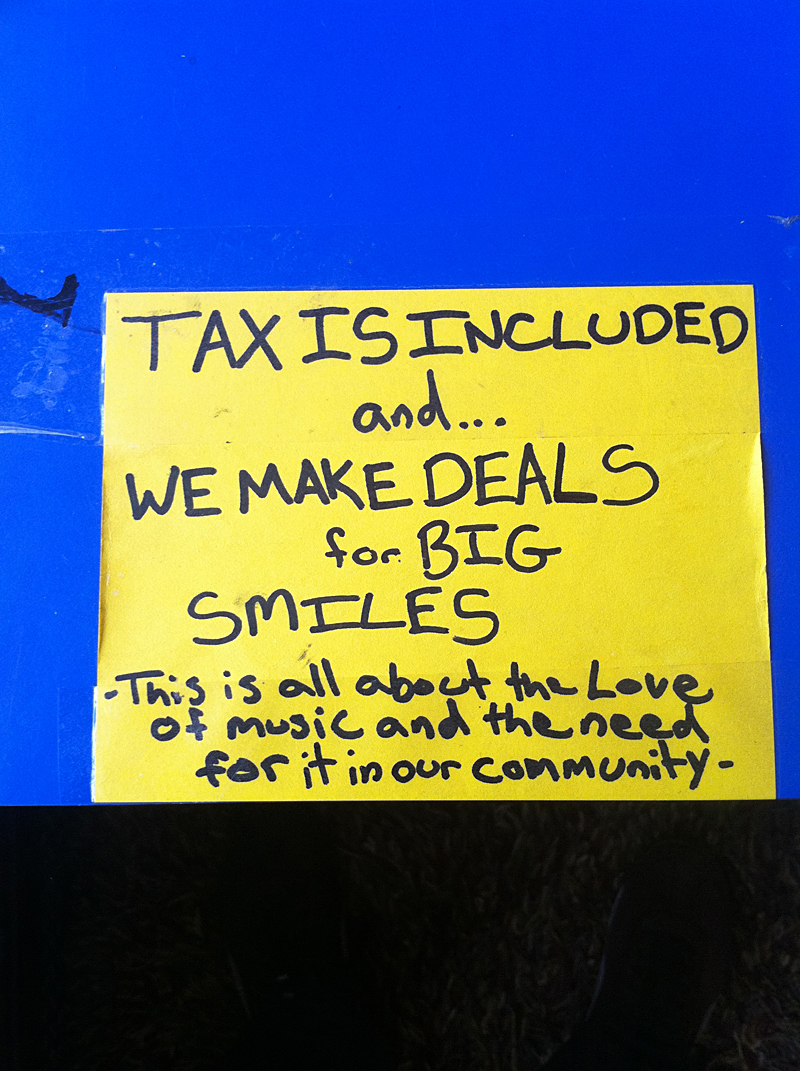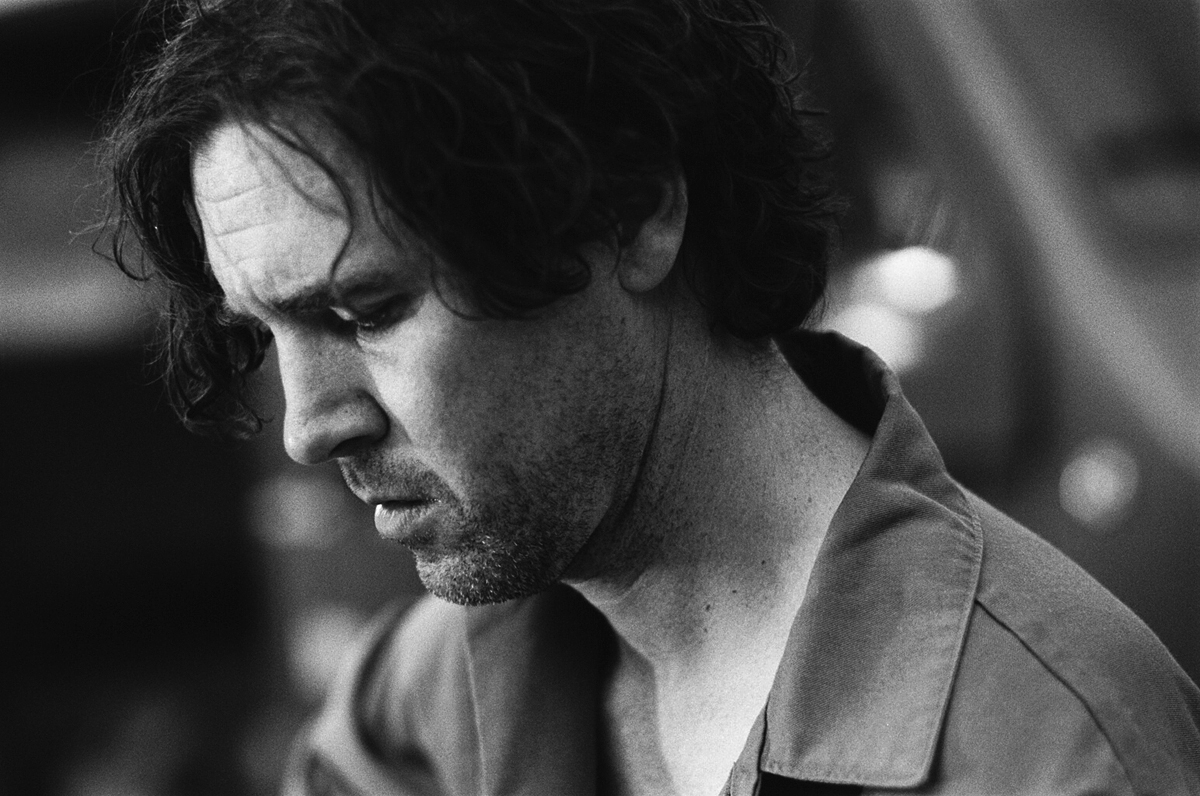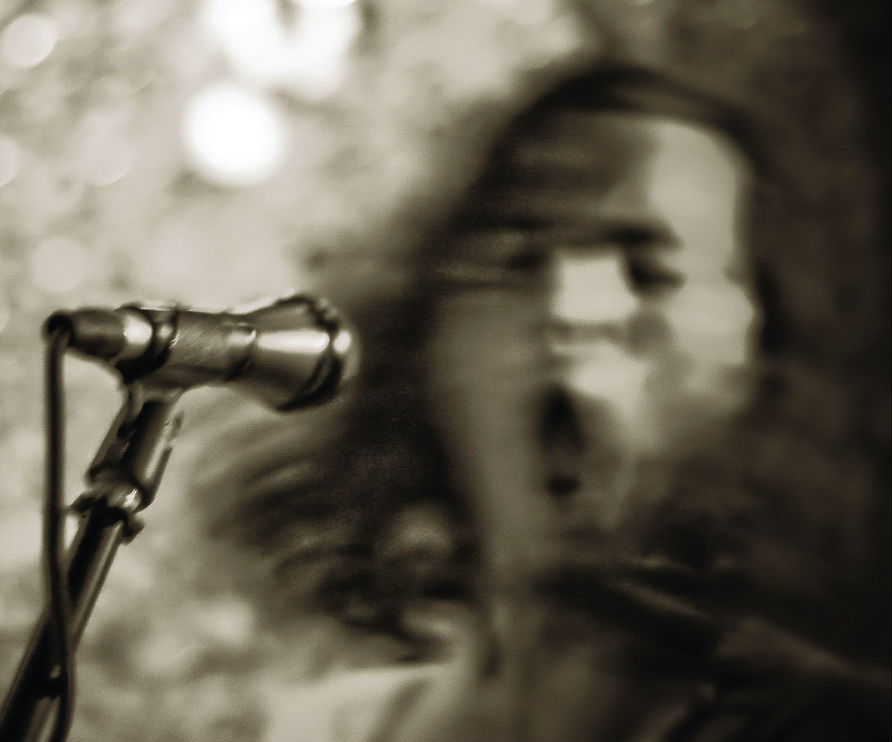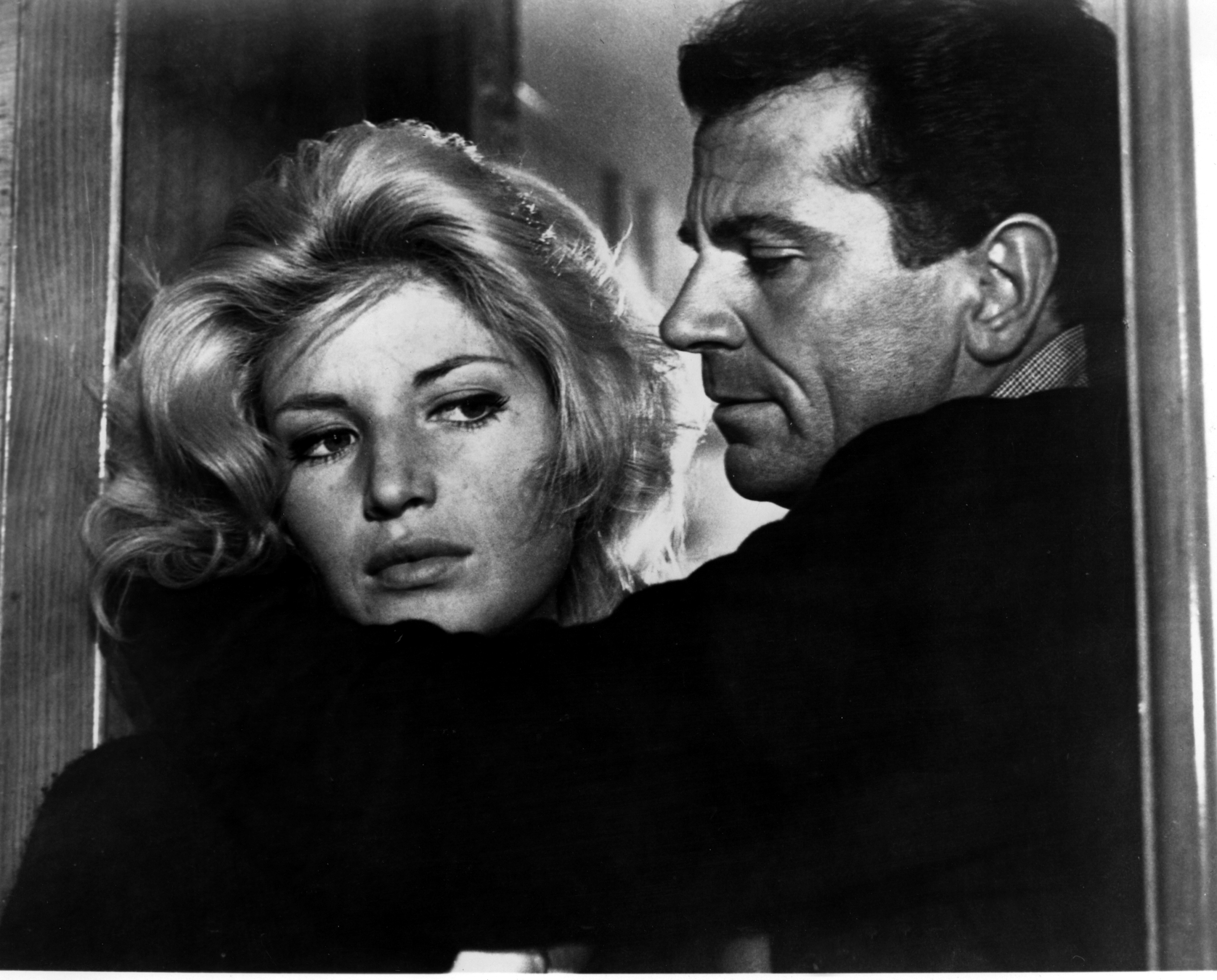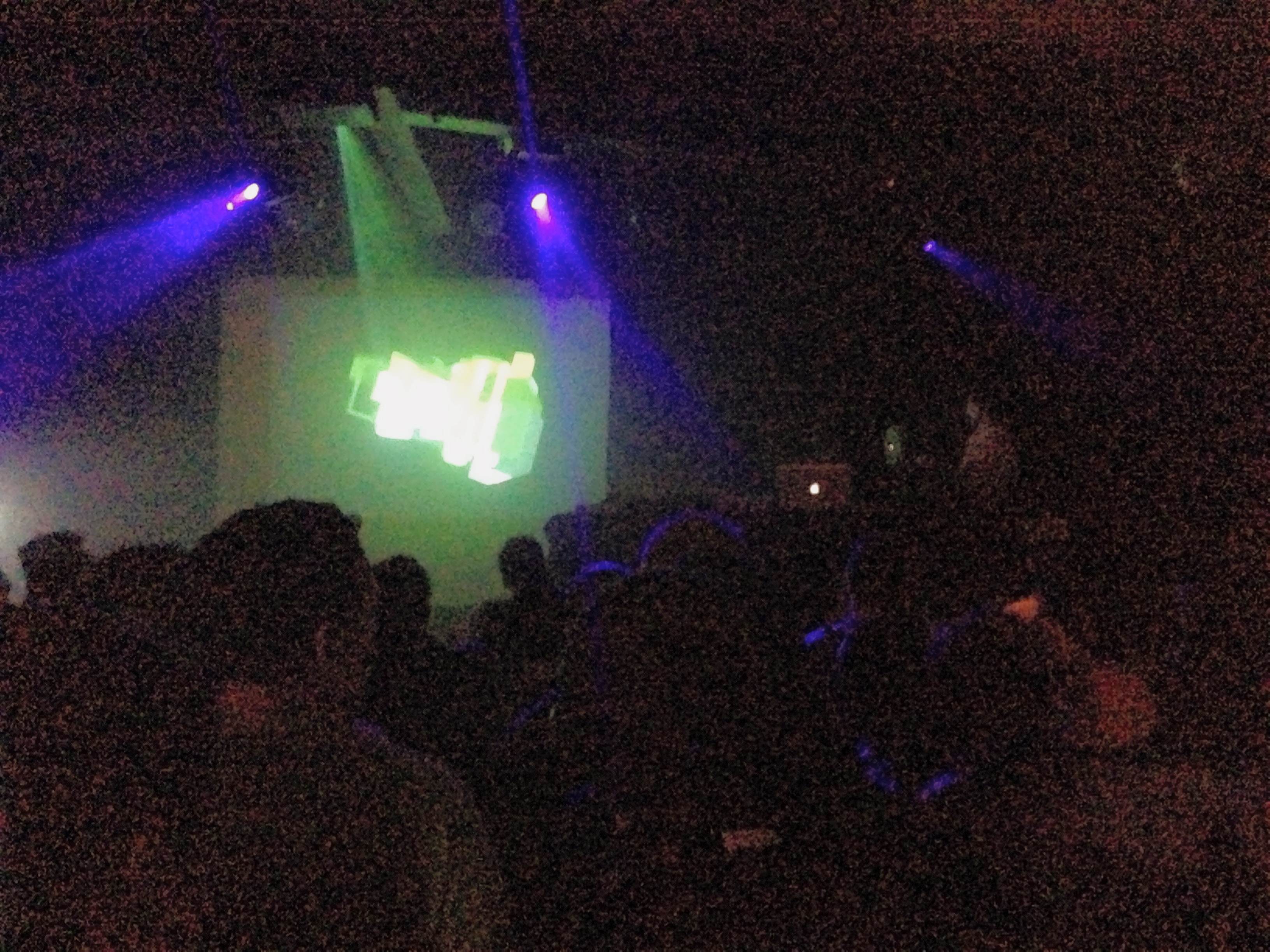With physical sales of albums declining as fast as ever, opening a new record store these days makes about as much sense as trying to soak up some rare rays of Seattle sunshine to power your house. So it’s only fitting that when Nick Gorfkle was searching for a space for Mossy Bottom Records, he decided to move next to a start-up company in the U District that sells solar panels.
If it seems like a bad omen, Gorfkle begs to differ. A longtime Seattleite and veteran of record stores like Golden Oldies and Neptune, Gorfkle, 27, subscribes to the ethos that selling vinyl is about far more than profits, an attitude forged from both nostalgia and necessity. “I really wanted to have [a store] where it was really revolving around quality music,” he said, “and not just treating records like units to make money.”
It’s an attitude befitting a record salesman in the digital age. Mossy Bottom is located on the relatively sleepy residential corner of Northeast 52nd Street and Brooklyn Avenue Northeast, an intersection that doesn’t see nearly as much foot traffic as the Ave, the U District’s notorious main thoroughfare.
Though Gorfkle acknowledges he’s had financial struggles—”scraping by is a good way to put it”—he chalks them up to the current state of the music indutry. Location, he says, hasn’t been an issue. “A lot of people who don’t want to walk on the Ave walk on [Brooklyn],” he said, “which is a lot of the cool people around the area, it seems like.”
Within its tiny interior, a fraction of the capacity of an Easy Street or Sonic Boom, Mossy Bottom boasts a generous variety of used vinyl, CDs, and tapes that belies its size. Genres from early country to Eastern European folk are represented, alongside record-store staples like an alphabetized rack of rock classics and a bargain bin filled with scuffed-up copies of obscure (probably for a reason) releases.
Modern records, however, are a rarity. You’ll have a hard time finding anything released after 1985, save for the $4 copy of U2’s 1987 classic The Joshua Tree. There’s plenty of Neil Young and other Laurel Canyon hitmakers, but there’s also a surprisingly diverse collection of jazz, from albums by piano master Art Tatum to a $120 copy of Miles Davis’ Kind of Blue.
Featured prominently on the shop’s front desk is a small sign: “This is all about the love of music and the need for it in our community.” Gorfkle jokingly refers to it as his “manifesto,” but he also has a point—the motto embodies the same ethos that Record Store Day—this Saturday, April 16—purports to.
Gorfkle is ambivalent about this annual event, in which bands and labels make albums and singles available exclusively through independent record retailers. Though he intends to participate, he thinks it’s largely a way for major labels to promote album sales during what can only be characterized as tough times for the music business.
But the tough times seem destined to stick around, so Mossy Bottom Records will do well to abide by Gorfkle’s manifesto, which may help to ensure that record stores, unlike solar panels on a cloudy day, continue to serve a vital purpose.
